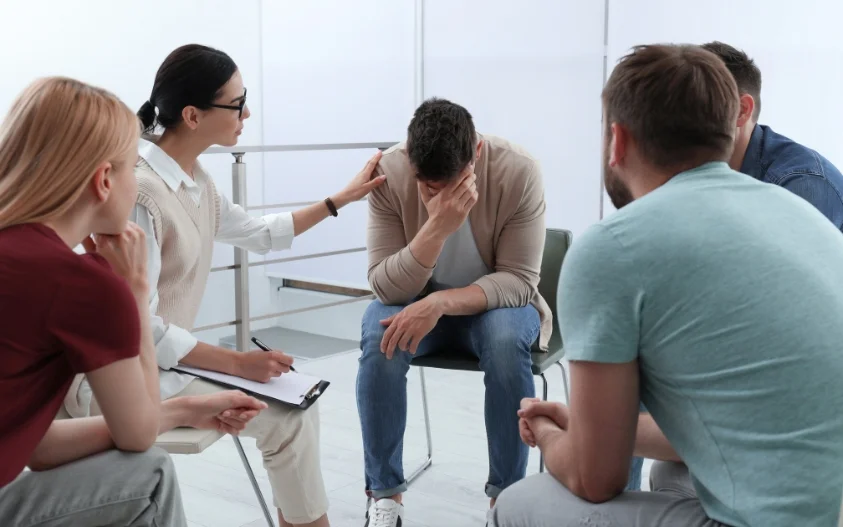24/7 Helpline:
(866) 899-111424/7 Helpline:
(866) 899-1114
Learn more about Outpatient Rehab centers in Washington Court House
Outpatient Rehab in Other Cities

Scioto Paint Valley Mental Health Center
Scioto Paint Valley Mental Health Center provides help for drug addiction, alcoholism, and a variety...

The Ranch of Opportunity
The Ranch of Opportunity in Court House, OH is a safe haven for teenage girls who have experienced t...

Fayette Womens Residential
Fayette Womens Residential is a private rehab located in Washington Court House, Ohio. Fayette Women...

Fayette Recovery Center
Fayette Recovery Center – Washington Court House Ohio is an alcohol rehab center that helps individu...









































Other Insurance Options

Holman Group

Sliding scale payment assistance

Lucent

Covered California

Regence

Horizon Healthcare Service

Coventry Health Care

WellCare Health Plans

Premera

MHNNet Behavioral Health

AllWell

Ambetter

BHS | Behavioral Health Systems

Magellan Health

Medical Mutual of Ohio

Amerigroup

Absolute Total Care

State Farm

American Behavioral

GEHA